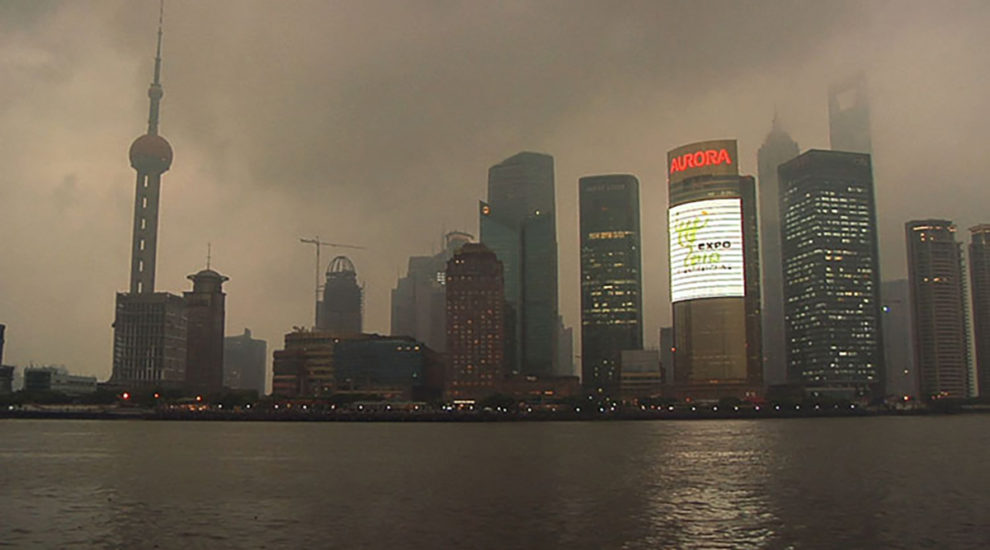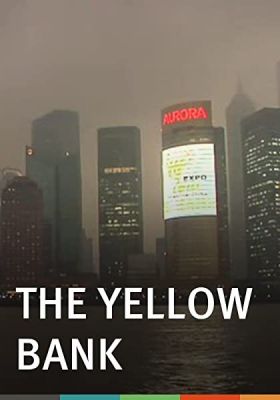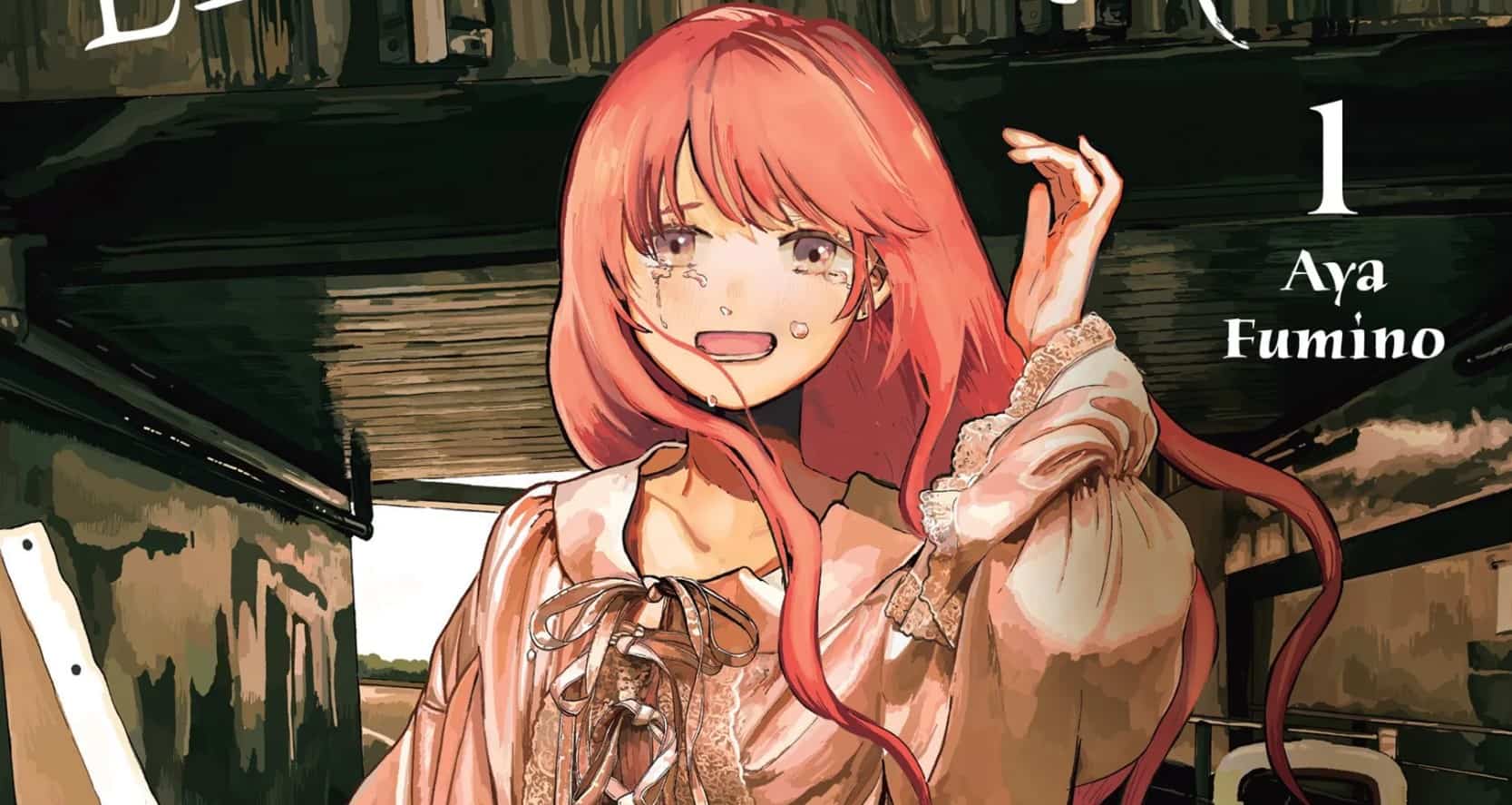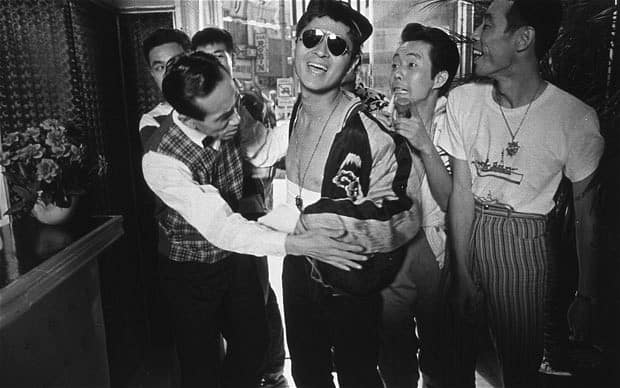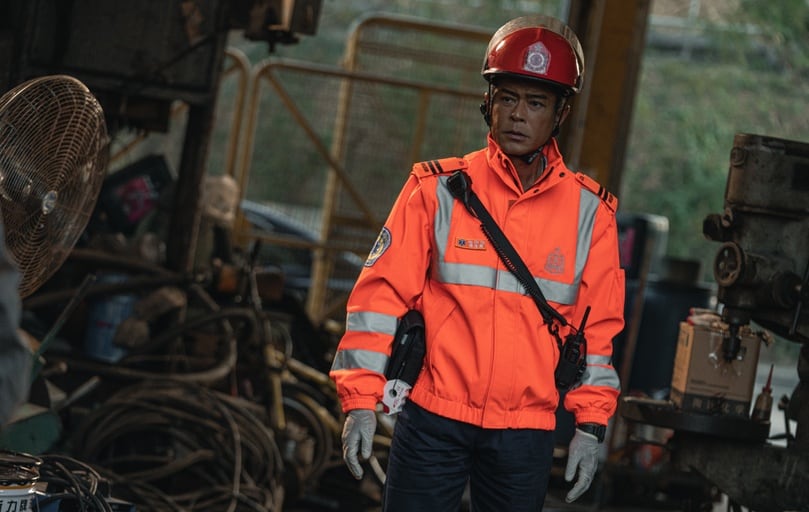There are just a few events which can break the seemingly never-ending cycle of routines that defines our daily lives, especially within an urban area. Even with regard to the changing of the seasons, it follows a similar pattern each year, with the city's inhabitants preparing for and adapting to the transformation. Considering these aspects, the urban color scheme also stays mostly the same, with the palette of grays, blacks and metal never-changing and only occasionally interrupted by the fleeting green of a park. However, this stereotypical picture was altered, even though it was only for a few minutes, in 2010 during a solar eclipse, which director J. P. Sniadecki captured with his camera during a trip to Shanghai. The result is a fascinating short documentary about the changing landscape of one of the busiest metropolis of the globe.
Watch This Title
on CathayPlay
Over the course of its roughly 27 minutes of running time, the short follows for the most part a ferry ride from one side of Huangpu River to the other during the aforementioned eclipse. Apart from long shots covering the ride, there are also still sequences of the city's skyline as well as some of its buildings in more detail, seen from one of the ferry's windows, presumably. While there is not a lot of movement in terms of camera and other aspects of the production, the images themselves highlight the change happening in the surrounding area, due to the ferry trip itself, as well as the eclipse which seems to transform the reality captured by the camera. As a result, without any added support visually, the city turns from an entity the viewer knows and understands into something mysterious and seemingly overpowering.
Although the director's emphasis on realism, highlighted by the long sequences interrupted by only a few cuts, stresses the documentary-aspects of the feature, the addition of sound further re-defines “The Yellow Bank” as a feature about transformation. The cacophony of voices and other sounds, the river and the machine of the ferry, point at the fascination and wonderment as a result of the eclipse, while also adding an almost apocalyptic undertone. At the same time, the end of the event may mark the beginning of something new, a new hope, or just a return to normality suggested by the presence of the all-too-familiar image of the city's nightly skyline.
In conclusion, “The Yellow Bank” is a fascinating short feature about transformation, how an event such as an eclipse can make us perceive the familiar from a new perspective. J. P. Sniadecki proves how minimalist means can result in quite an astounding effect to the viewer.


